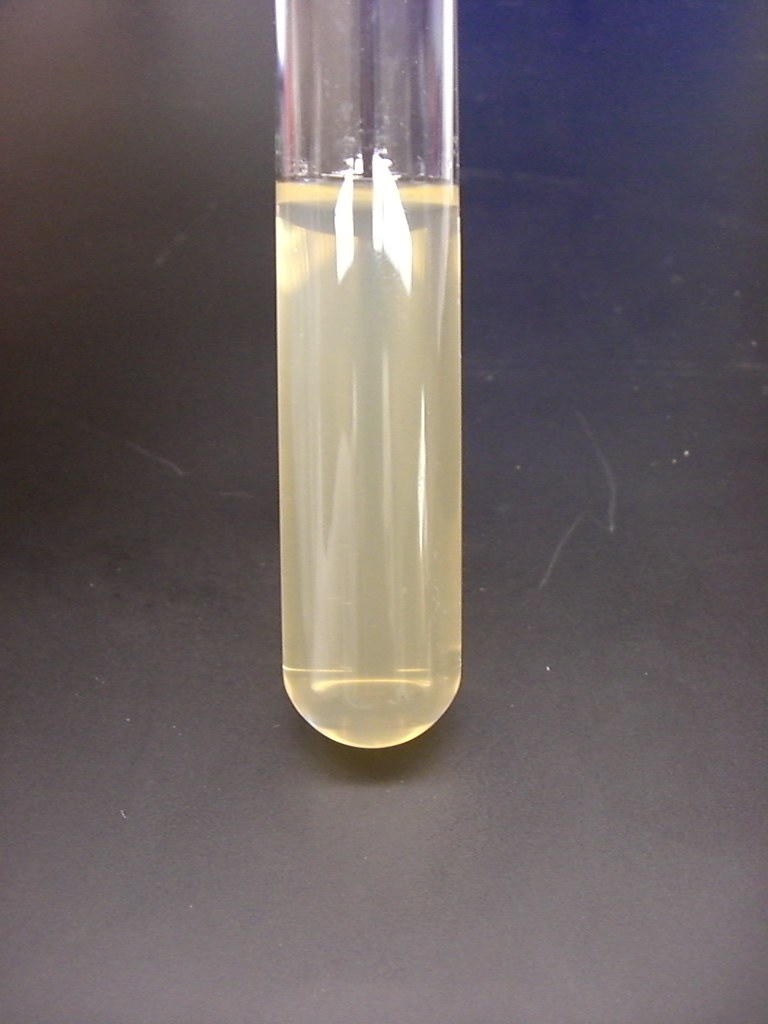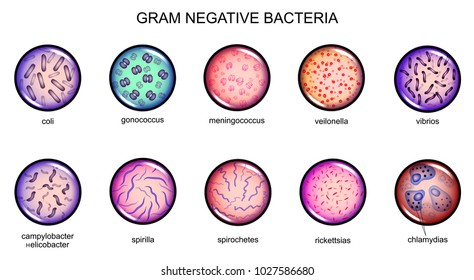Negative (n.) late 14c., 'a prohibition' (a sense now obsolete), also 'absence, nonexistence; opposite,' from Old French negatif and directly from Latin negativus (see negative (adj.)). Meaning 'a negative statement' is from 1560s. Sense of 'that side of a question which denies what the opposite side affirms' is from 1570s.
- Negative (n.) late 14c., 'a prohibition' (a sense now obsolete), also 'absence, nonexistence; opposite,' from Old French negatif and directly from Latin negativus (see negative (adj.)). Meaning 'a negative statement' is from 1560s. Sense of 'that side of a question.
- In photography, a negative is an image, usually on a strip or sheet of transparent plastic film, in which the lightest areas of the photographed subject appear darkest and the darkest areas appear lightest.
- Solve Negative numbers problems with our Negative numbers calculator and problem solver. Get step-by-step solutions to your Negative numbers problems, with easy to understand explanations of each step.
negative:
see photographic processingphotographic processing,set of procedures by which the latent, or invisible, image produced when a photographic film is exposed to light is made into a permanent visible image.
...Click the link for more information..
Negative
in black-and-white photography and cinematography, an image formed by grains of metallic silver in which the photographic blackening is inverse to the brightness of details of the object being photographed. The brighter the detail, the greater its blackening in the reproduced image. In color photography, the image of the object being photographed is formed by the pigments whose colors are complementary to the colors of the parts of the object (yellow is complementary to blue, purple to green, light blue to red, and so on).
A negative is an intermediate image of the object in a two-stage process; it is used to obtain a positive. In some cases a negative can be the final image—for example, in recording spectra for spectral analysis. The quality of a negative is judged by its optical density, its degree of contrast, and its graininess. For color negatives the color balance (matching of colored images) is also important. A negative is considered normal if the positives printed from it have a realistic appearance and show easily discernible details.
Negative
Download macos version 10.14 6. in grammar, a word or affix indicating the absence of an object (u menia net knigi,“I do not have the book”), of qualitative attributes of an object (etot chelovek ne star,“this person is not old”), or of actions or states (ia ne pishu,“I am not writing”; ia ne spliu,“I am not sleeping”). A word-sentence expressing disagreement with an utterance (net! “no!”) is also a negative.
Languages express negatives in various ways. Separate words are used in the case of the Russian net and ne, the German nein and nicht, the English “no” and “not,” and the French non and ne ‖ pas. Word-forming affixes may also be used, as the nein the Russian nebol’shoi (“not large,” “small”), the bez- in the Russian bezdetnyi (“childless”), the un- in the German unbekannt (“unknown”), the “un-” in the English “unpleasant,” or the “in-” in the English “invisible.” Negatives may also be expressed by morphological forms in inflection. Negative affixes are used in the Turkic languages, as in the Tatar ëshlim (“I am working”), contrasted to ëshlämim (“I am not working”). Negative verbs are used in certain Finno-Ugric languages, as exemplified by the Zyrian me og mung (“I am not going”). English uses a negative analytical verb form in a sentence such as “I do not see.”
negative
[′neg·əd·iv]negative
negative

Want to thank TFD for its existence? Tell a friend about us, add a link to this page, or visit the webmaster's page for free fun content.
Link to this page:
Also found in: Dictionary, Medical, Legal, Financial, Acronyms, Idioms, Encyclopedia, Wikipedia.
- all
- adj
- noun
- verb
Synonyms for negative
neutralizing
Rh Negative Blood
Synonyms
pessimistic
Synonyms
dissenting
Synonyms
Antonyms
denial

Negative Exponents
Synonyms for negative
tending to discourage, retard, or make more difficult
Synonyms
to prevent or forbid authoritatively
to refuse to admit the truth, reality, value, or worth of
Synonyms
Synonyms for negative
a reply of denial
Antonyms
a piece of photographic film showing an image with light and shade or colors reversed
vote against
Related Words
characterized by or displaying negation or denial or opposition or resistance
Antonyms
expressing or consisting of a negation or refusal or denial
Antonyms
having the quality of something harmful or unpleasant
not indicating the presence of microorganisms or disease or a specific condition
Related Words
reckoned in a direction opposite to that regarded as positive
less than zero
designed or tending to discredit, especially without positive or helpful suggestions
Related Words
having a negative charge
Related Words
involving disadvantage or harm
Related Words
Want to thank TFD for its existence? Tell a friend about us, add a link to this page, or visit the webmaster's page for free fun content.
Link to this page:
Negative Space
